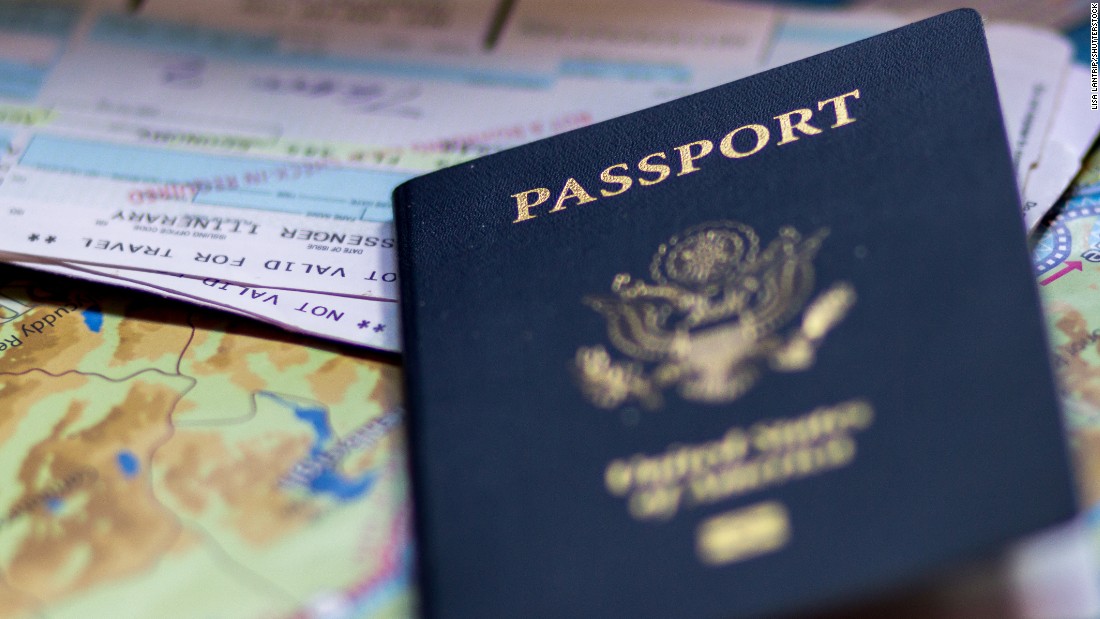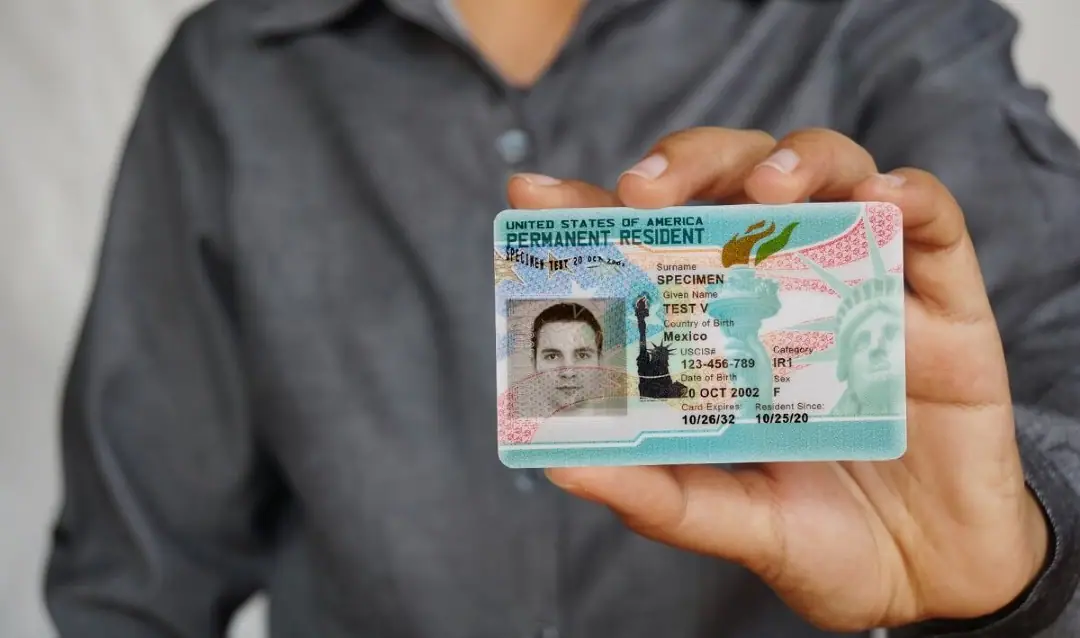Immigration decisions can have life-changing impacts on individuals and families. If you have received an unfavorable decision from U.S. Citizenship and Immigration Services (USCIS) on an immigration application or petition, you may have the option to appeal. Appealing an immigration decision is a complex process that requires understanding your legal options, grounds for appeal, and navigating the appeals system.
Grounds for Appeal
In order to successfully appeal an immigration decision, you must establish valid legal grounds. There are two major categories of appeal:
1. Appeal of Denials
If your application or petition was denied, you can appeal on the basis that the denial was legally incorrect, against policy, or there was incorrect information relied upon to make the unfavorable decision. Examples include denial of a family-based green card petition, visa application, or naturalization application.
2. Appeal of Revocations
If USCIS revokes approval of a previously approved application or petition, you may appeal based on legal or factual errors in the revocation. Common examples include revocation of an approved I-130 petition for a family member or revocation of naturalization.
Other valid grounds for appeal include violation of regulations by USCIS officers, new information or evidence, and denial of due process rights.
Where to File Your Appeal
The appeal must be filed with the correct USCIS service center or office that issued the denial or revocation notice. This will be specified in the decision letter. Common locations include:
– USCIS Vermont Service Center
– USCIS California Service Center
– USCIS National Benefits Center
– Local USCIS Field Office
Appeal Process and Timelines
The appeal must be submitted within 30 calendar days from when you received the unfavorable decision in the mail. There are strict deadlines, so don’t delay. The written appeal can be filed by mail or certain appeals can be filed online.
Your appeal must include:
– A clear statement that you are appealing the decision
– USCIS receipt number of the denied case
– Detailed reasons and evidence supporting the appeal
– Copy of the original USCIS decision
– Filing fee
USCIS will first review if your appeal is valid and timely filed. If accepted, it will be sent to the USCIS Administrative Appeals Office (AAO). The AAO will thoroughly examine the appeal, the original decision, and any new evidence provided.
The entire appeals process can take around 6 to 12 months for a final decision. If the appeal is dismissed or denied, there may be opportunity to file a motion to reopen or reconsider. As a last resort, the appeal can be escalated by filing a lawsuit in federal district court.
Hiring an Immigration Attorney
Navigating the complex appeals process requires extensive knowledge of immigration law and procedures. Before filing an immigration appeal, it is strongly advisable to consult with an experienced immigration attorney. An attorney can assess if you have valid legal grounds, ensure the appeal is filed timely and correctly, and increase your chances of approval. Having strong legal support can be the deciding factor in overturning a denial.
Appealing an adverse immigration decision takes time, effort and patience. But it can be the lifeline needed to get an important application back on track for approval. With dedication and skilled legal guidance, many appeals are ultimately successful. Do not give up hope if you receive an initial denial – explore the appeal process as the next step toward your immigration goals.







